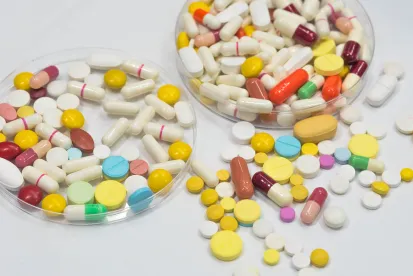On July 18, 2018, US Food and Drug Administration (FDA) Commissioner Scott Gottlieb delivered a speech at The Brookings Institution in Washington, DC, discussing how to bolster competition from biosimilars while maintaining innovation.
The Commissioner noted the absence of true competition among biologics from biosimilar products in the United States, similarly to what the country experienced 30 years ago with respect to generics. The Commissioner said that this situation is caused, in part, by what he views as anticompetitive practices implemented by branded manufacturers, such as:
-
Rebating schemes in which drug manufacturers bundle discounts to health insurers and employers across different pharmaceutical products;
-
Multi-year contracts granting important rebates to payors, often entered into right before the entry of a biosimilar on the market;
-
Volume-based rebates;
-
Tying rebates, i.e., when rebates are offered if a product is bought together with a biologic;
-
Patent thickets, i.e., when branded manufacturers’ own dense portfolios of overlapping intellectual property rights cover biologics; and
-
Bundling biologics with other products, i.e., when a product is sold together with a biologic.
The Commissioner then introduced a plan (Biosimilars Action Plan) intended to apply some of the lessons learned by the FDA with respect to generic drugs to accelerate competition from biosimilars. He presented the four core action items of the Plan:
-
Improve the efficiency of biosimilars and of the approval process;
-
Maximize scientific and regulatory clarity for companies developing biosimilars;
-
Develop communications to improve understanding of biosimilars among patients, providers and payors; and
-
Reduce tactics implemented by branded manufacturers to unfairly delay market competition.
With respect to this last action item, the Commissioner said that the FDA would work hand in hand with the US Federal Trade Commission (FTC) in order to address perceived anticompetitive behavior.
WHAT THIS MEANS
Pharmaceutical companies and biotechs should bear in mind that the FTC could start looking more closely at competition among biologics and take action against branded manufacturers who are implementing strategies to delay the entry of biosimilars on the market.
These companies should thus assess their current contracting, discounting and patent protection strategies to ensure that they manage their exposure to antitrust risk.



 />i
/>i
